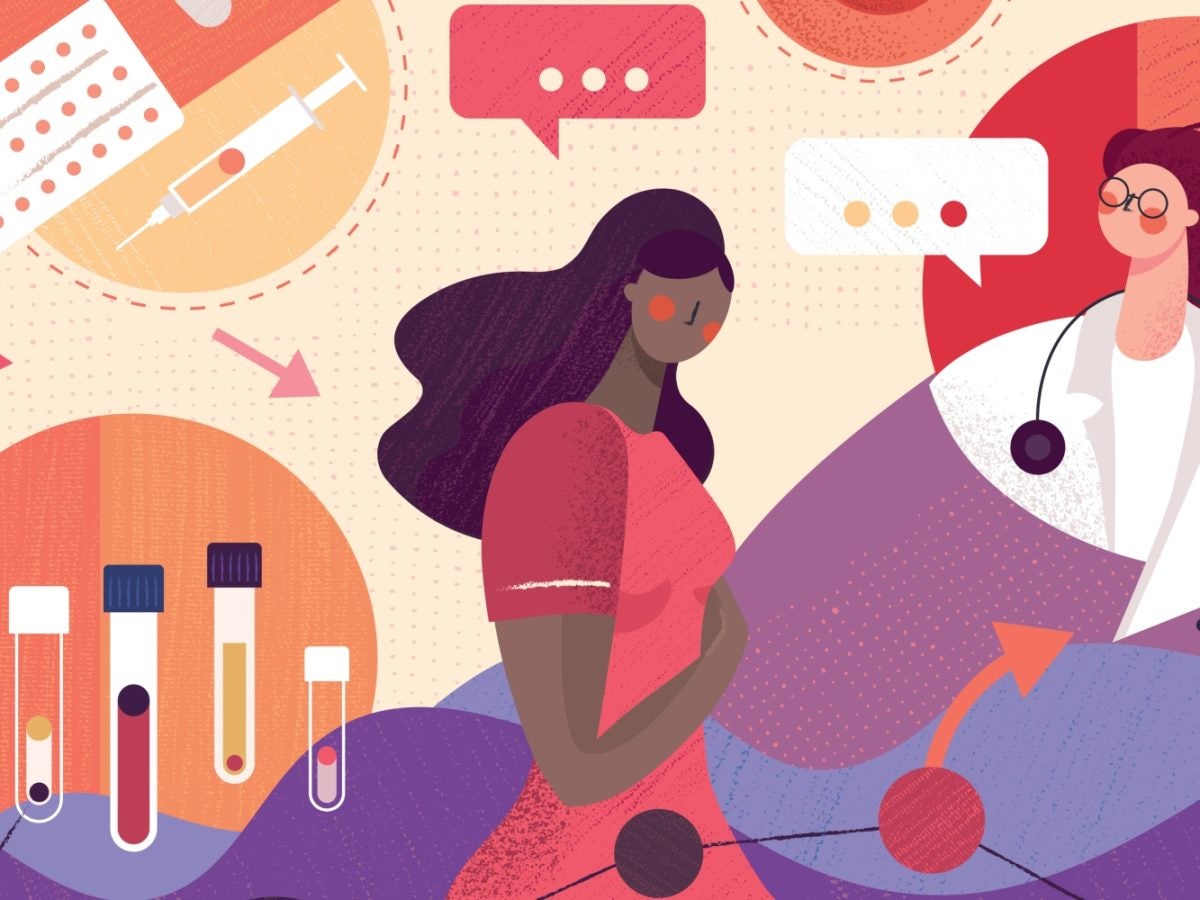
Many have suggested that I freeze my eggs because I recently turned 30 years old, and I’m unmarried and single. While I normally ignore unsolicited advice about my body and future, I have been more open to the idea than in the past. Most of my friends have either tinkered with, discussed, or gone through with the egg-freezing process, otherwise medically known as mature oocyte cryopreservation, to be prepared for family planning down the road. It’s a precaution, not knowing if they will need to go through with IVF, (in vitro fertilization) or even if they want kids down the line. It’s just being prepared for what the future may hold. Egg freezing is when eggs are harvested, frozen, and stored for later use. As women age, fertility levels naturally decline, so this allows them to preserve their fertility by delaying conception.
The process consists of retrieving, freezing, and then safely storing a woman’s eggs for use at a later point. Retrieved eggs are unfertilized before freezing. The egg-freezing cycle normally takes 11 to 15 days or two weeks, and for some patients, additional cycles may be needed. Once a woman decides she is ready to use her frozen eggs, they are thawed, fertilized with sperm in a lab, and implanted into the uterus; this process is called in-vitro fertilization, better known as IVF.
Once I discovered that more Black women were considering and and going through with this process, I became more curious. I found that I was not alone. According to recent data from the Society of Assisted Reproductive Technology, the number of people who have frozen their eggs in the United States rose by more than 400 percent to over 13,000 in 2020 from just over 2,500 in 2012.
Although egg-freezing has become increasingly popular, there’s a particular way to go about it — the sooner the better. New research from New York University Langone Fertility Center indicates that the process highlights that it’s important to keep in mind age before attempting to freeze eggs. The study found that how old a woman is when she freezes her eggs and how many eggs she freezes do make a significant difference in whether she will have a baby. The research highlighted that most women who tried to become pregnant did not succeed, often because they had waited until they were too old to freeze eggs and had not frozen enough of them.
Matrika D. Johnson, M.D., founder and medical director of the Reproductive Specialists of the Carolinas, believes you should start the process around the age of 34. “If you pin me down and make me give you a number, I will give you age 34. The reason is that technically, at age 35, you become an advanced maternal age, and that’s when there’s an increased risk of chromosomal abnormalities in babies,” she says.
Regarding the potential downfalls of the process, Johnson believes it depends on the desired outcome and lifestyle choices. Not everyone wants to raise a child with a partner or is fully committed to having a baby, but could change their mind later. The benefit is that fertility is being preserved, but at a steep cost. The investment can cost upwards of $7,000 to $11,000. “That variable price is the cost of medications,” says Johnson. “If your ovarian reserve is on the higher end and it’s good, you’ll need less medication, lowering that cost. If your ovarian reserve or fertility is slightly lower, you will need more medications, and that’s just for egg freezing.”
Stephanie Marshall Thompson, M.D., reproductive endocrinologist and infertility specialist at The Institute for Reproductive Medicine and Science, notes that many people don’t know that women are born with all of the eggs that they are ever going to have and that number of eggs declines monthly from puberty until you go into menopause. This causes us to lose both our egg quantity and quality over time. “That decline gets to be more rapid after age 35,” she shares.
To further understand the common misconceptions of egg freezing procedures, Obehi Asemota, M.D., founder and medical director of Hope Fertility, shares some insight.
“It is minimally invasive, but there’s no skin cutting or incision,” she says, noting that egg retrieval does not take a long time, but rather, approximately 15 to 20 minutes. Recovery after the fact can be a little tough on the body. “Most people are back on their feet within a few days.”







Asemota believes egg freezing is a great option if you want to preserve your fertility from your late 20s to your late 30s. “The earlier it is done, the better your chances of preserving eggs that may result in a pregnancy. While there is no guarantee, freezing eggs is a great option for using younger eggs if you need them down the road,” she states.
Whatever you decide to do, Asemota says you should make an effort to know your fertility status.
“It is never too soon to check your fertility status,” she says. “Knowing your egg count, your egg numbers (blood work of anti-Mullerian hormone-AMH, Follicle stimulating hormone–FSH, Estradiol-E2) could also help you plan your family — or consider egg freezing.”





